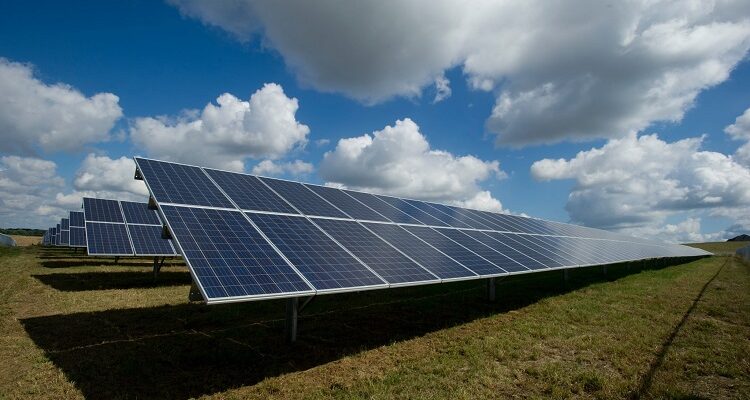Electricity from solar panels is not free. The electricity from solar panels is generated using direct current (DC) and is not compatible with the alternating current (AC) that powers most household appliances, including your television and computer. Therefore, it must be converted into AC before it can be used. This conversion process requires an inverter, which adds to the cost of installing solar panels on your home.
Get detailed information about the best practices to carry out to increase the reliability of solar panels, on this website: https://www.newshub4.com/
Solar panels only produce electricity during daylight hours. Solar panels do not produce electricity at night or on cloudy days when they cannot convert sunlight into energy. Depending on where you live and how much sunlight your area receives each day, you may use more electricity than you’re able to generate with your solar panel system during certain times of the year.
Solar panel systems are expensive. Installing solar panels on your home is a costly investment that requires significant upfront costs to purchase and install them properly onto your roof along with additional expenses for maintenance and repair over time. Some homeowners choose lease options instead of purchasing their systems outright in order to reduce the initial financial burden associated with installing a rooftop array.
The cost per watt of solar panels has fallen dramatically in recent years, making them much more affordable for homeowners. According to Solar Power World, the average price per watt for residential solar systems was about $4 in 2017, down from $5.40 in 2016 and $6 in 2015.
The price drops even further when you consider incentives like tax credits or net metering policies that make it less expensive to buy or lease solar panels than they would otherwise be — though these incentives may not always apply depending on where you live and whether your state has adopted them.
Some states offer rebates for installing solar panels on homes or businesses as part of their Renewable Energy Portfolio Standards (REPS), which require utilities to provide certain amounts of renewable energy generation by law (some states have voluntary REPS programs).
Solar panels convert sunlight into electricity. They usually consist of a series of photovoltaic cells that absorb photons of light and convert them into electrons, which flow through wires to produce power. The panels are often installed on rooftops or in other areas where they can receive direct sunlight for most of the day.
There are two types of photovoltaic cells: crystalline silicon and thin-film amorphous silicon. Crystalline silicon cells are more efficient at converting light energy into electricity than thin-film cells, but they cost more to manufacture and aren’t as durable over time because they contain heavy metals that can corrode when exposed to water or dust particles. Thin-film amorphous silicon panels are less expensive than crystalline silicon cells, but their efficiency is lower.
Solar panel costs vary based on the type you buy and where you live, among other factors. It’s important to know how much money you’ll save if you invest in solar panels before deciding whether they’re worth it for your household budget. Contact us to know more information on solar panels in Ilford.














Comments